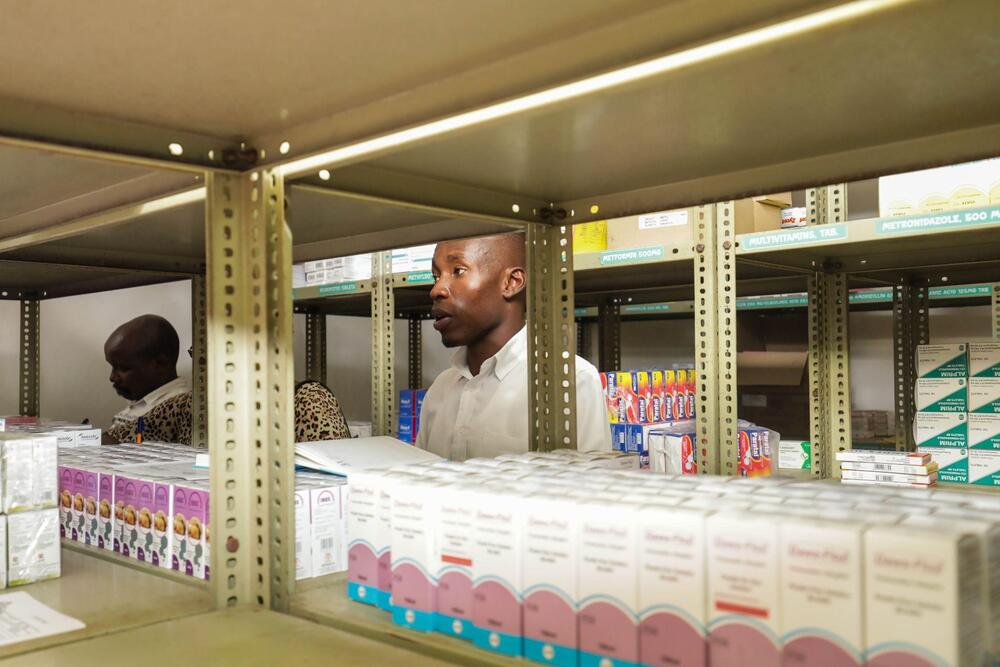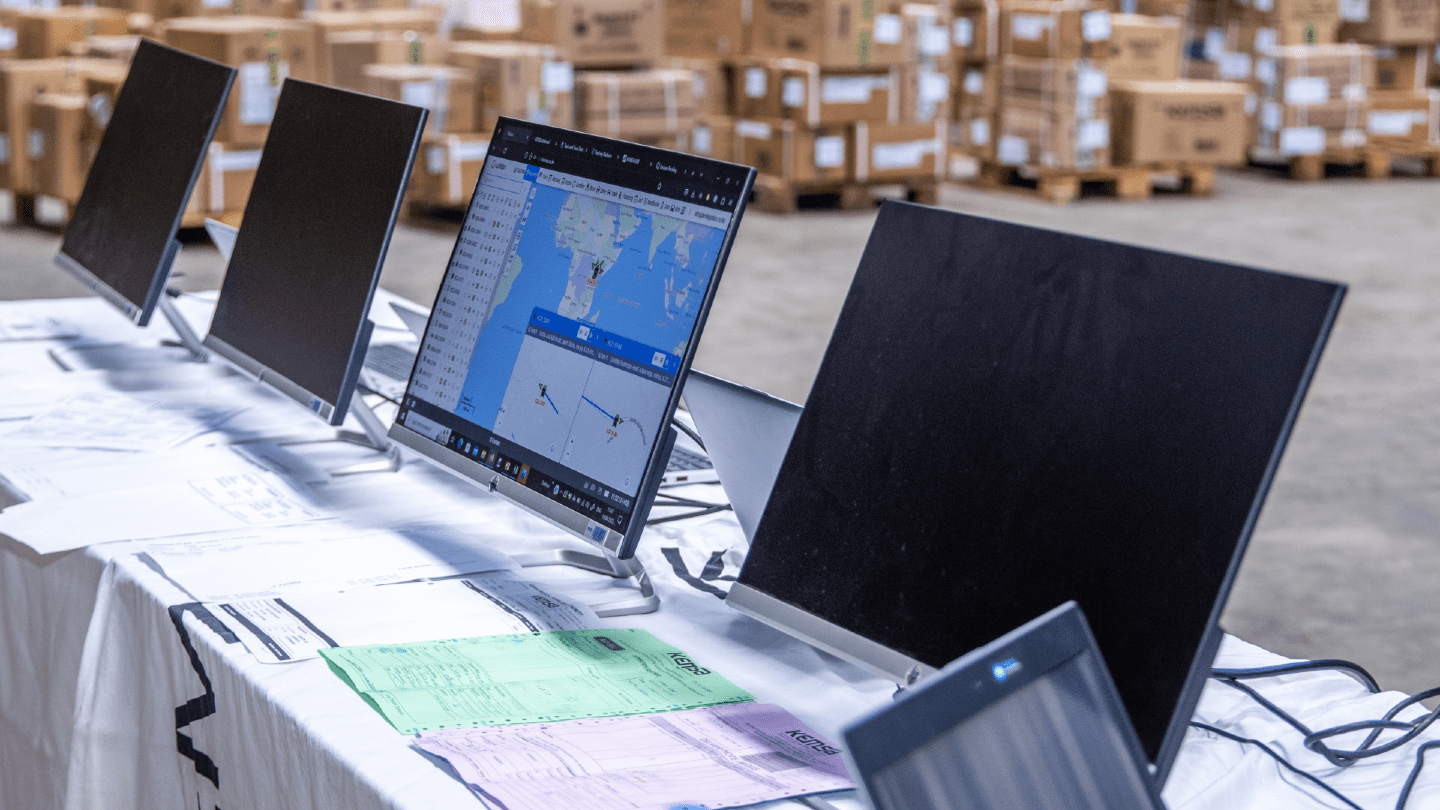In 2019, Mombasa County's health facilities faced significant challenges, including frequent contraceptive stockouts, inefficient inventory control, and difficulties in tracking family planning supplies. These issues, stemming from a weak supply chain, made accessing family planning services particularly difficult for women in remote areas.
“When contraceptives go out of stock, women stop coming to the family planning clinic, which means that access to other integrated services such as cervical cancer screening and gender-based violence response is also low,” says Tudor Medical Center Pharmacist Dr. Saida Mahmud.
To address these challenges, UNFPA supported the Kenya Medical Supplies Authority (KEMSA) in developing an integrated Logistics Management Information System (i-LMIS). The digital platform has multiple components, including a Commodity Early Warning and Alerts System, an AI-driven commodity allocation system, and an Electronic Proof of Delivery (e-POD) application that tracks the delivery of medical supplies up to the last mile.
The platform has helped to streamline the management of family planning commodities across the supply chain. By logging on to the platform, pharmacists and other authorized health officers can make orders, monitor stock levels, track the movement of supplies from the KEMSA warehouse to the health facility, and access real-time data to support decision-making.
Mombasa County Acting County Pharmacist Dr. Edward Mbeya has been using the i-LMIS platform for more than two years now. Through the system’s dashboard, he is able to see the family planning supplies available in all the 47 public health facilities in the county and at the national warehouse. “Having this kind of commodity visibility is critical because we are now able to know which facilities are overstocked or understocked, and redistribute the family planning supplies when necessary,” he says.

Dr. Mbeya can also view the batch number and expiry dates of available family planning supplies. “This means that I can track the commodities that have a shorter expiry time and ensure that we prioritize their utilization in order to avoid wastage.”
Mombasa County has constituted county and sub-county order management teams that meet quarterly to validate family planning commodity orders from health facilities and allocate commodities for distribution to the facilities in line with stock available for distribution. The availability of real-time data from the i-LMIS platform has helped the order management teams to improve demand forecasting and quantification, which has in turn helped to reduce stockouts and promote access to contraceptives for women in Mombasa County.
“Collaboration among stakeholders in strengthening the i-LMIS platform plays a key role in improving accountability and family planning service delivery,” says UNFPA Family Planning and Commodity Security and Reproductive Health Specialist Charity Koronya. “As more counties embrace the platform, we hope to see an acceleration in the reduction of unmet need for family planning, in line with Kenya’s goal of achieving universal health coverage.”



